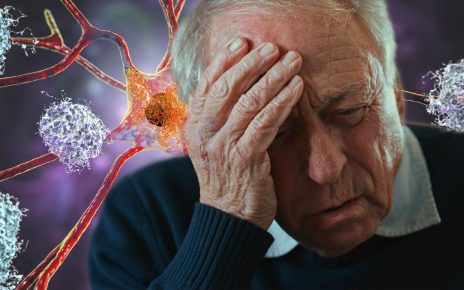A dietary change could be a key to enhancing colon cancer treatment, a new study from the University of Michigan Rogel Cancer Center finds.
Cancer cells need nutrients to survive and grow. One of the most important nutrient sensing molecules in a cell is called mTORC1. Often called a master regulator of cell growth, it allows cells to sense different nutrients and thereby grow and proliferate. When nutrients are limited, cells dial down nutrient sensing cascade and turn off mTORC1.
While mTORC1 is known to be hyperactive in colon cancer, the key question is whether colon tumors hijack nutrient sensing pathways to fire up the master regulator.
“In colon cancer, when you decrease the nutrients available in the tumors, the cells don’t know what to do. Without the nutrients to grow, they undergo a kind of crisis, which leads to massive cell death,” said senior author Yatrik M. Shah, Ph.D., Horace W. Davenport Collegiate Professor of Physiology at Michigan Medicine.
Researchers found in cells and in mice that a low-protein diet blocked the nutrient signaling pathway that fires up a master regulator of cancer growth. Results are published in Gastroenterology.
The regulator, mTORC1, controls how cells use nutritional signals to grow and multiply. It’s highly active in cancers with certain mutations and is known to cause cancer to become resistant to standard treatments. A low-protein diet, and specifically a reduction in two key amino acids, changed the nutritional signals through a complex called GATOR.
Source: Read Full Article



